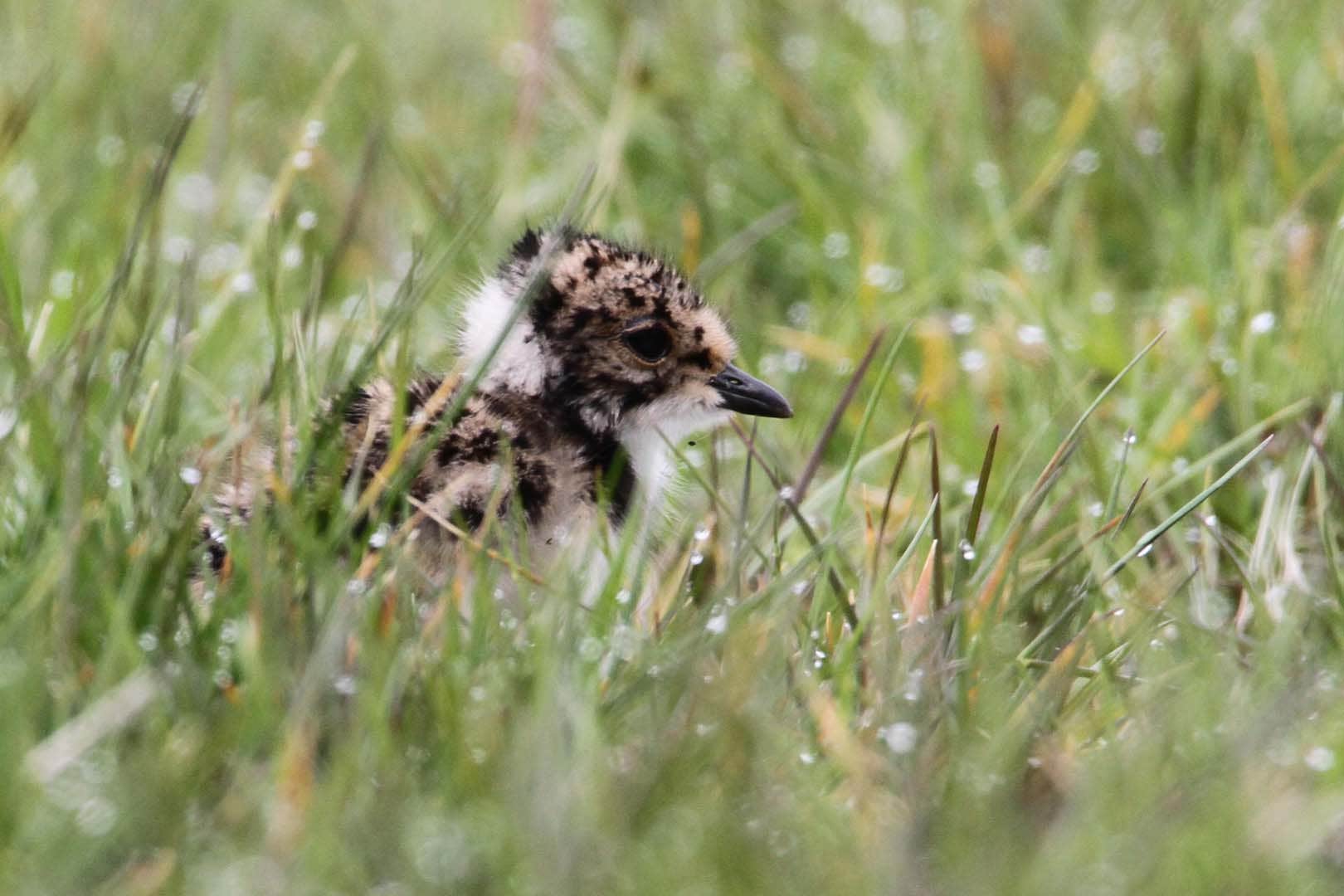Endangered bird makes return to Co Down bog thanks to conservation efforts
Two breeding pairs of lapwings have been spotted at Lecale Fens following efforts by Ulster Wildlife and a farmer.

An endangered bird has returned to a Co Down bog thanks to conservation efforts.
For the first time in several years, two breeding pairs of lapwings have been spotted at Lecale Fens special area of conservation, just outside Downpatrick.
The breakthrough comes after efforts by Ulster Wildlife working with local farmer John Crea.
Like many other ground-nesting birds, the lapwing has suffered major declines over the last 40 years due to the loss of wetland habitat and changes in farming practices.
The bird is now red-listed on the Birds of Conservation Concern in Ireland and is a Northern Ireland priority species because of its decline, rarity and importance.
Lapwings require a mosaic of habitats to breed and prefer boggy open areas with bare ground or short vegetation, avoiding areas of dense cover.
Since 2018, Ulster Wildlife has been working with specialist contractors and the farmer to eliminate invasive species and scrub, such as rhododendron, from Lecale Fens, using amphibious machinery.
Simon Gray, peatland conservation officer with Ulster Wildlife, said conservation efforts have been ongoing for five years.
“In the past, this area was managed by grazing or burning to stop scrub taking over and drying out the fen, but given climate concerns associated with peat burning and risks to livestock from deep water we had to come up with new and innovative solutions,” he said.
“Five years later and we’re thrilled to see our restoration efforts reap rewards for biodiversity, with Lecale Fens moving towards a healthy condition again.
“This will have a knock-on effect on other wetland-loving wildlife too such as dragonflies, snipe and silver hook moth.”
Mr Crea said he was delighted to see the lapwing back on his farm.
“It’s brilliant to see these birds doing so well and we hope they come back again next year to breed,” he said.
Ulster Wildlife is working with landowners across Northern Ireland to restore designated peatland sites along with large-scale peatland areas in need of restoration.
The aim is to help bring back the rich diversity of species these sites once supported, as well as the host of benefits peatlands provide from flood prevention to carbon sequestration.
Mr Gray added: “With over 75% of land in Northern Ireland farmed, it is vital that farmers and landowners are properly supported to help restore nature on a landscape scale with peatland sites, such as this, playing a vital role in helping to tackle the nature and climate crisis.”
Find out more at ulsterwildlife.org/saving-our-peatlands.